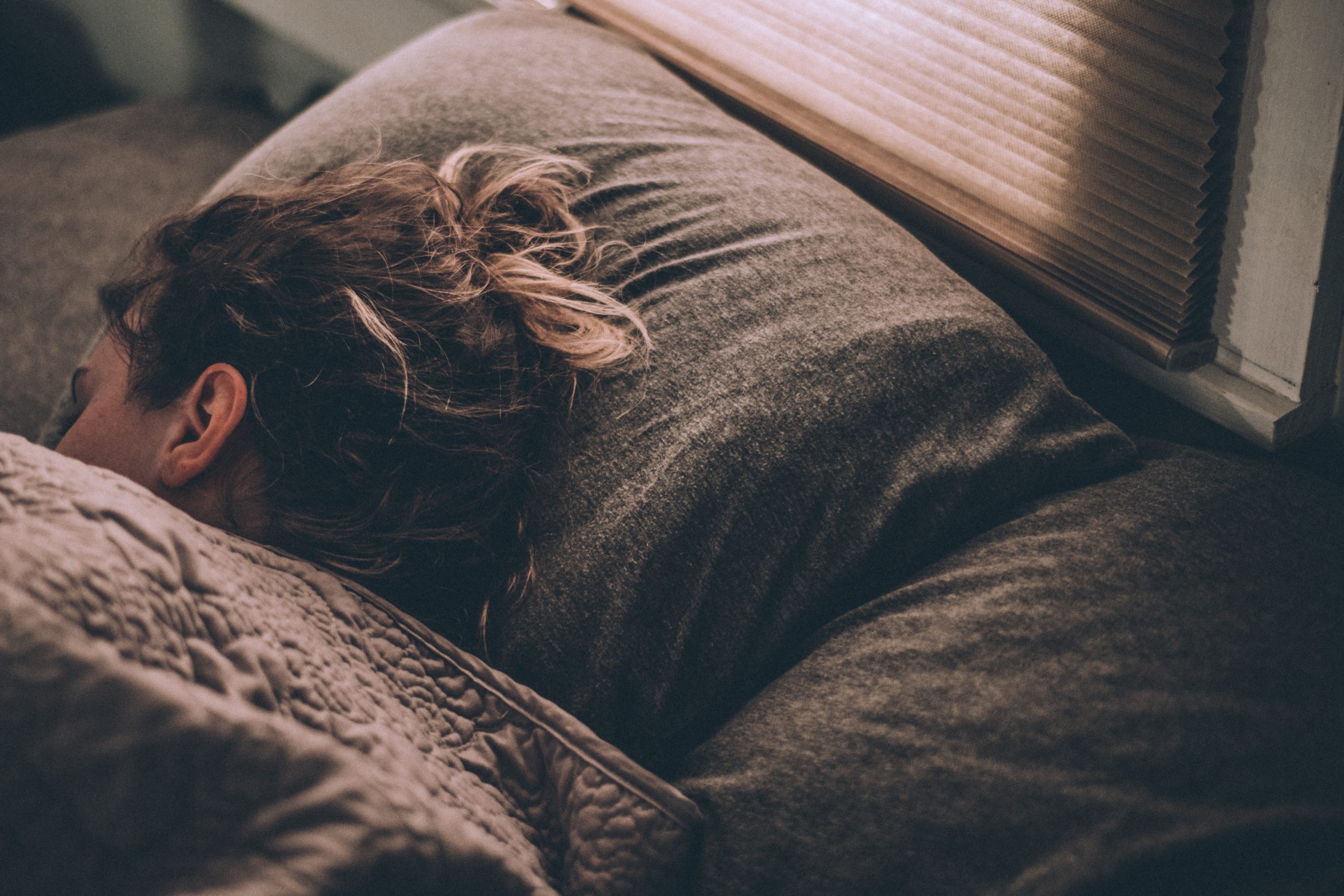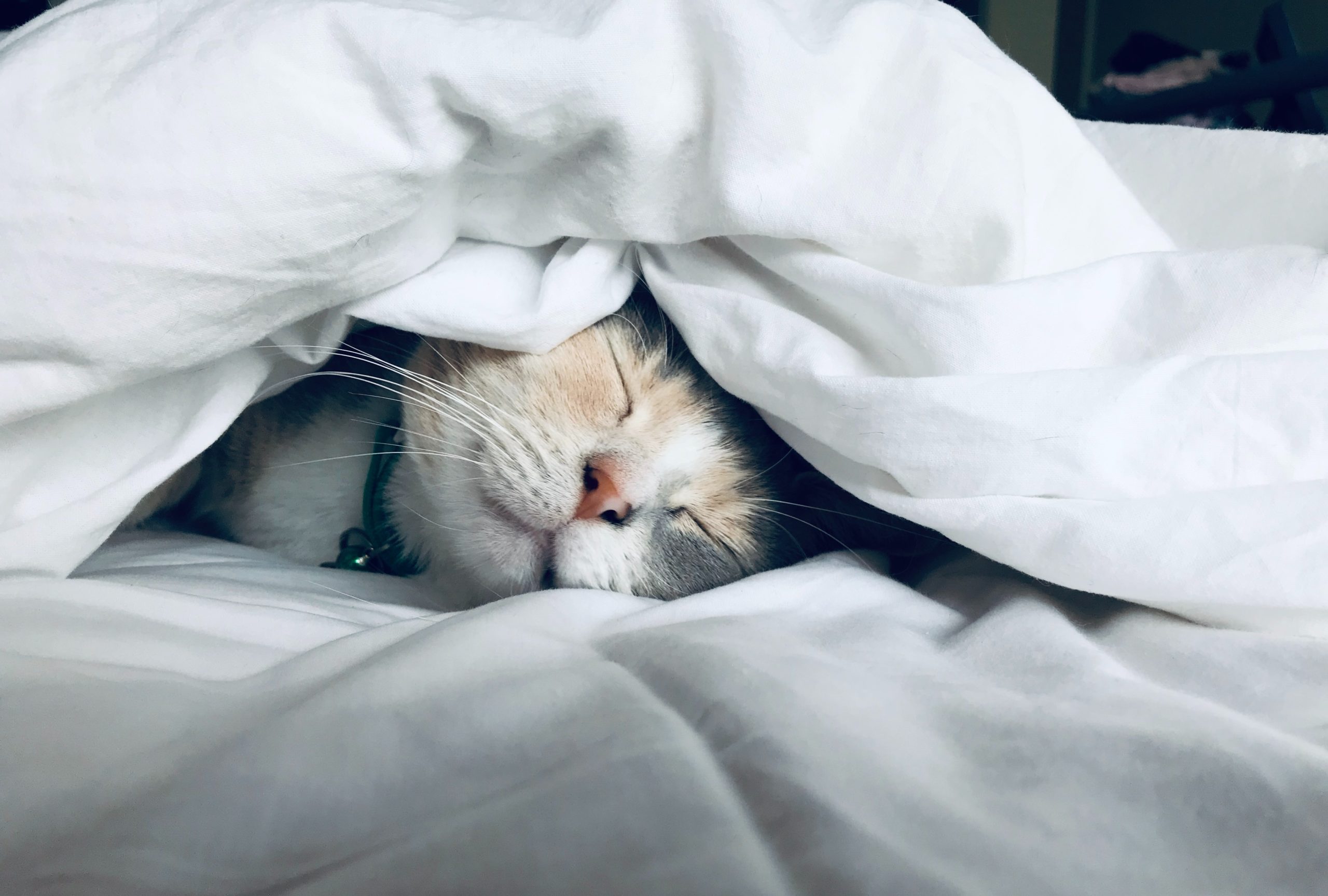
Are you tossing and turning at night, desperately seeking the elusive deep sleep? You’re not alone. Many people struggle to achieve that restful slumber we all crave. Deep sleep is more than just a luxury; it’s essential for your overall health and well-being. It rejuvenates your body, enhances memory, and boosts mood.
Imagine waking up refreshed each morning with energy to tackle the day ahead. The good news is that improving your sleep quality isn’t a complicated process—it starts with understanding some key factors in our lives.
Let’s dive into the secrets of deep sleep and discover how small changes can lead to significant improvements tonight!
Understanding Deep Sleep: Why It’s Crucial for Your Health
Deep sleep, often referred to as slow-wave sleep, is a vital phase of the sleep cycle. During this time, your body works hard to repair and regenerate tissues. It’s when growth hormones surge and cellular rejuvenation occurs.
This stage plays a crucial role in memory consolidation. Your brain processes information from the day, strengthening neural connections that are essential for learning.
Moreover, deep sleep supports immune function. It helps regulate stress hormones and promotes overall hormonal balance. A lack of adequate deep sleep can lead to increased susceptibility to illness.
Additionally, it’s linked to emotional regulation. Quality rest fosters resilience against anxiety and depression by allowing your mind to reset.
Understanding these benefits highlights why prioritizing deep sleep is imperative for maintaining optimal health and well-being throughout life.
Creating the Perfect Sleep Environment: Tips for a Restful Night
Creating a serene sleep environment is essential for restful nights. Start with your bedroom’s ambiance. Choose calming colors on the walls, such as soft blues or muted greens, to promote relaxation.
Temperature plays a crucial role too. Aim for a cool room around 60-67°F (15-19°C). This range helps lower your body temperature, signaling it’s time to sleep.
Light control is vital; invest in blackout curtains to keep morning rays at bay. Also, consider dimming lights an hour before bed to prepare your mind for rest.
Noise can be disruptive as well. If you live in a bustling area, white noise machines or soothing sounds can mask disturbances and enhance tranquility.
Declutter your space. An organized bedroom fosters calmness and makes winding down easier at day’s end. Your surroundings should invite comfort and peace—creating that perfect retreat just for you.
The Role of Diet and Exercise in Achieving Deep Sleep
Your diet plays a significant role in your sleep quality. Foods rich in magnesium, like leafy greens and nuts, can promote relaxation. On the other hand, heavy or spicy meals close to bedtime might disrupt your slumber.
Hydration is crucial as well. However, try not to drink too much water before bed to avoid those annoying midnight trips to the bathroom.
Exercise contributes positively too. Regular physical activity helps regulate your circadian rhythm and reduces stress levels. A brisk walk or gentle yoga can be particularly effective for winding down after a long day.
Timing matters; aim for morning or early afternoon workouts instead of late-night sessions that could energize you when it’s time to unwind. Prioritizing both diet and exercise creates a solid foundation for achieving deep sleep consistently throughout your nights.
Stress Management Techniques to Enhance Sleep Quality
Managing stress effectively can significantly improve your sleep quality. One powerful technique is mindfulness meditation. Spending just a few minutes focusing on your breath can help calm racing thoughts.
Deep breathing exercises also work wonders. Take slow, deep breaths to activate the body’s relaxation response. This simple practice lowers heart rate and eases tension.
Journaling before bed provides clarity. Write down your worries or plan for tomorrow to clear your mind of lingering concerns.
Gentle yoga stretches can release physical tension stored in muscles. A short routine helps signal to your body that it’s time to unwind and prepares you for rest.
Consider progressive muscle relaxation. Tense each muscle group for a few seconds, then relax them one by one. This method promotes awareness of bodily sensations and fosters relaxation throughout the entire body.
The Impact of Technology on Sleep: How to Unplug and Unwind
Technology is woven into the fabric of our lives. It offers convenience but often at a cost to our sleep quality. The blue light emitted from screens can interfere with melatonin production, making it harder to drift off peacefully.
To combat this, set boundaries around your screen time before bed. Aim for at least an hour of device-free relaxation. Instead, engage in calming activities such as reading a book or practicing gentle yoga. These habits signal to your body that it’s time to wind down.
Creating a tech-free zone in your bedroom can also be beneficial. Charge devices outside the room and keep electronics away from your sleeping area. This simple change helps reduce distractions and fosters a more tranquil environment conducive to deep sleep.
Mindfulness practices like meditation or deep breathing exercises can further enhance the unwinding process after a long day spent interacting with technology. They help clear your mind and prepare you for restorative slumber.
By being intentional about how we use technology, we open ourselves up to better sleep experiences and improved overall well-being. Prioritizing rest is vital in today’s fast-paced world where every moment feels connected yet fragmented—embracing moments of unplugging could just hold the key to deeper, more restful nights ahead.
Disclaimer: this article does not constitute either medical or any other type of advice. The article contains the author’s personal opinion and personal conclusions and observations. If you have sleep problems or interested in other issues related to it, it is better to consult medical expert e.g. your doctor etc.









